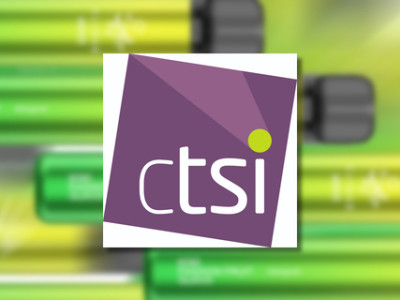The Director of the World Vapers’ Alliance, Michael Landl explained: “The Danish government is missing a key component here — prohibition doesn’t work. What we need is a risk-based regulation. Nicotine products such as vaping are aimed at minimising the risks associated with combustible cigarettes. Just like seat belts and helmets enhance safety while driving, harm reduction seeks practical solutions over unrealistic ideals.
“Price and variety are crucial determinants of whether smokers will quit. Banning vaping flavours or increasing the price of nicotine products, won’t prevent youth from consuming, but will make it harder for adult smokers to quit. Vaping flavours are associated with a 230% increase in the odds of smoking cessation. The Danish government should create more opportunities for people to stop smoking, not take them away.
“The Danish lawmakers don’t need to look far for successful examples of harm reduction. Sweden is on track to become the first smoke-free country in the world because it understands that new nicotine products are a solution to the smoking epidemic, not the cause of it.”
Earlier this year, Sweden announced a program of lowering tax on snus and nicotine pouches while significantly raising cigarette tax.
The World Vapers’ Alliance has released an extensive fact sheet on vaping and tobacco harm reduction. The key findings pertaining to vaping flavours and taxation are as follows:
- A flavour ban in San Francisco resulted in rising smoking rates among teenagers for the first time in decades
- A flavour ban in Massachusetts resulted in higher sales of cigarettes
- A flavour ban in Estonia resulted in 60% of vapers using flavours by mixing their own liquids or obtaining them from the black market
- Flavoured ENDS restrictions across the United States resulted in a tradeoff of 15 additional cigarettes for every 1 less 0.7 mL ENDS pod sold due to ENDS flavour restrictions
- Cotti et al. (2020) analysed the effects of e-cigarette taxes on tobacco product sales and concluded that vapes and cigarettes are substitute products, suggesting that increases in e-cigarette taxes can lead to increases in tobacco consumption. (Also in the works of Grace, Kivell & Laugesen (2015), Abouk et al. (2023), Pesko, Courtemanche & Maclean (2020), and Huang, Tauras & Chaloupka (2014))
Dave Cross
Journalist at POTVDave is a freelance writer; with articles on music, motorbikes, football, pop-science, vaping and tobacco harm reduction in Sounds, Melody Maker, UBG, AWoL, Bike, When Saturday Comes, Vape News Magazine, and syndicated across the Johnston Press group. He was published in an anthology of “Greatest Football Writing”, but still believes this was a mistake. Dave contributes sketches to comedy shows and used to co-host a radio sketch show. He’s worked with numerous vape companies to develop content for their websites.
Join the discussion
Trading Standards Welcomes Clarity
The Chartered Trading Standards Institute says it welcomes the “clarity and action from government to tackle youth vaping” with the plan to ban disposable vapes and related announcements
UKVIA Writes To Sunak
The UKVIA has sent a letter to Prime Minister Rishi Sunak to 'express profound dismay and disappointment' that the government has decided to proceed with a ban on disposable vapes
FOI Shows Disposables Ban Folly
389 Freedom of Information requests made by leading online retailer Vape Club and one by the BBC demonstrate the extent to which a ban on disposable vapes is a complete act of folly
ASH UK’s Coordinated Comment
Action on Smoking and Health has coordinated a series of responses to the Governments proposals to include interested parties












